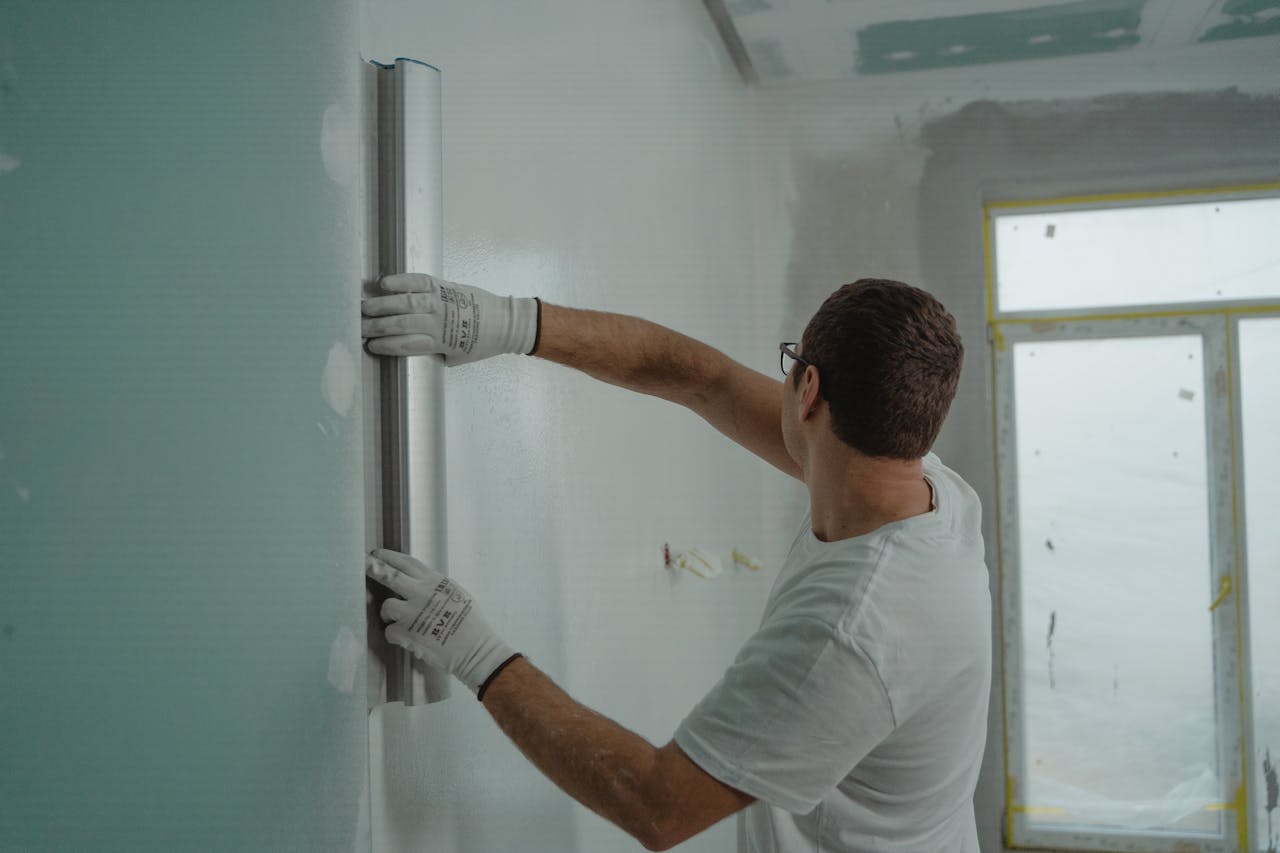
Painting projects can transform a commercial space, but safety should always be the top priority, whether refreshing a lobby or updating office colors, ensuring a secure environment that protects everyone involved. Proper workspace preparation, use of the right tools, and following safety guidelines can prevent accidents and keep the job running smoothly.
By managing these aspects carefully, painting projects can proceed efficiently and safely, resulting in a beautiful and professionally finished space.
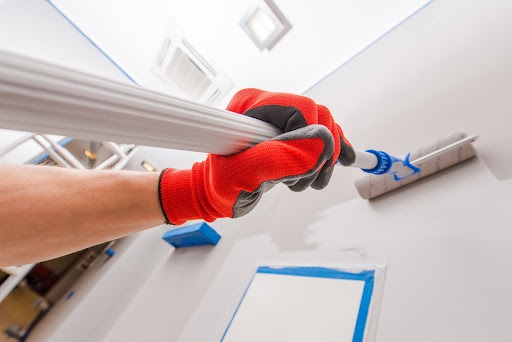
Preparing the Workspace
Organizing and securing the workspace is the first step to a successful painting project. Taking the time to prepare the area ensures the job is safe and efficient. Before picking up a paintbrush, you need to organize the space by removing all unnecessary items that could cause obstruction or accidents. A well-organized area reduces clutter and makes room for painting materials and tools, enhancing safety and productivity.
Protecting the surrounding areas is also essential to prevent unwanted splatters and spills. Use drop cloths to cover floors and heavy-duty tape to secure them. If possible, move furniture out of the room or cover it with plastic sheeting to shield it from paint drips. Fixtures like light switches and doorknobs can be wrapped in plastic and taped to keep them clean.
Adequate lighting is critical for spotting areas that need touch-ups and ensuring even coverage. Set up additional lighting if natural light is insufficient. Moreover, ventilation can’t be overlooked. Paint fumes can be harmful, so open windows and use fans to keep air circulating. This reduces odor and aids in drying, creating a safer environment for those working within the space.
Using the Right Equipment
Having the right tools for the job is half the battle won in painting. Your equipment can significantly influence the finish’s quality and the process’s ease. Essential items to gather include brushes, rollers, paint trays, painter’s tape, and sandpaper. Each tool has a specific role, ensuring a smooth and professional-looking job.
Selecting the right brushes and rollers depends on the surface you’re painting. For smooth surfaces, choose smaller, fine-bristle brushes to tackle tight spaces and corners. Larger rollers cover wide walls quickly and are best for flat, expansive areas. The texture of the roller can influence the surface finish, so choose wisely based on the type of paint and the effect you desire.
Safety is paramount when using ladders and scaffolding. Always ensure that your ladder is stable and placed on an even surface. Never overreach while painting; instead, reposition the ladder to avoid falls. Scaffolding provides more room to move and is safer for larger projects. Follow assembly instructions carefully to make sure it’s secure and stable. Properly using ladders and scaffolding prevents accidents and ensures a safer workspace for everyone involved.
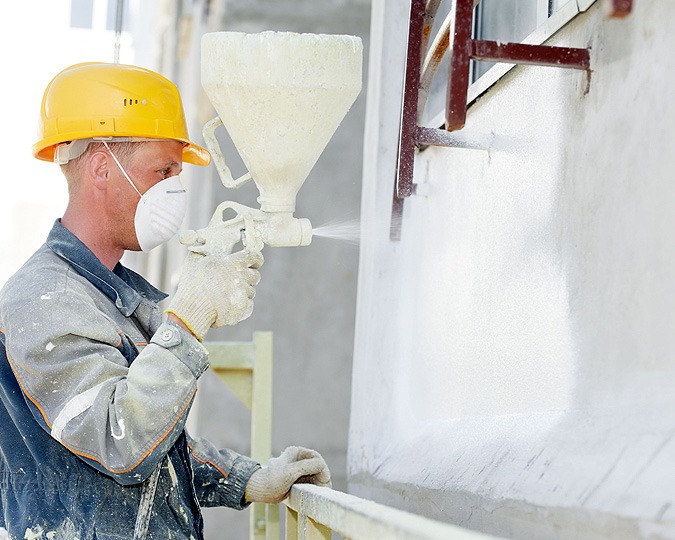
Personal Safety Measures
Safety is crucial in painting, especially in an office environment, and wearing protective gear makes a big difference in keeping painters safe. Masks are essential for filtering out harmful fumes and particles, while goggles protect the eyes from splashes and dust. Gloves keep paint off your hands and add extra protection from potential chemical exposure.
Another vital aspect of safety is handling and disposing of paint materials properly. Always read labels for safe usage instructions and ensure that paint cans are sealed tightly when not in use to prevent spills. When it’s time to dispose of leftover paint or used materials, follow local regulations to prevent environmental harm. Never pour paint down the drain, which can cause pollution and plumbing issues.
Preventing common injuries, like slips and falls, requires attention to detail. Keep the workspace tidy, cleaning up any spills immediately to avoid accidents. Secure cords and tools from walkways and ensure dry and clear surfaces. Taking these precautions creates a safer work environment, reducing the risk of injury for everyone involved in the painting project.
Managing Hazards and Risks
Painting has hazards that must be managed to keep the project and people safe. If not handled correctly, fumes from paint can cause headaches and dizziness. Ventilation plays a crucial role here; always keep windows open and use fans to help disperse fumes. Proper airflow reduces the risk of inhaling too many volatile organic compounds (VOCs), which can be harmful over time.
Spills are another risk to watch out for. If not cleaned immediately, they can create slip hazards and damage surfaces. Keep materials for absorbing spills, like rags or absorbent pads, on hand, just in case. This quick action ensures safety and keeps the workspace professional and clean.
Dealing with hazardous materials safely involves knowing emergency procedures. Have a first aid kit ready for minor injuries and see the location of fire extinguishers in case of flammable paint-related incidents. Make sure all team members are familiar with these procedures to prepare for any accident that could occur. Proactively managing risks means protecting everyone and staying on course for a successful painting project.
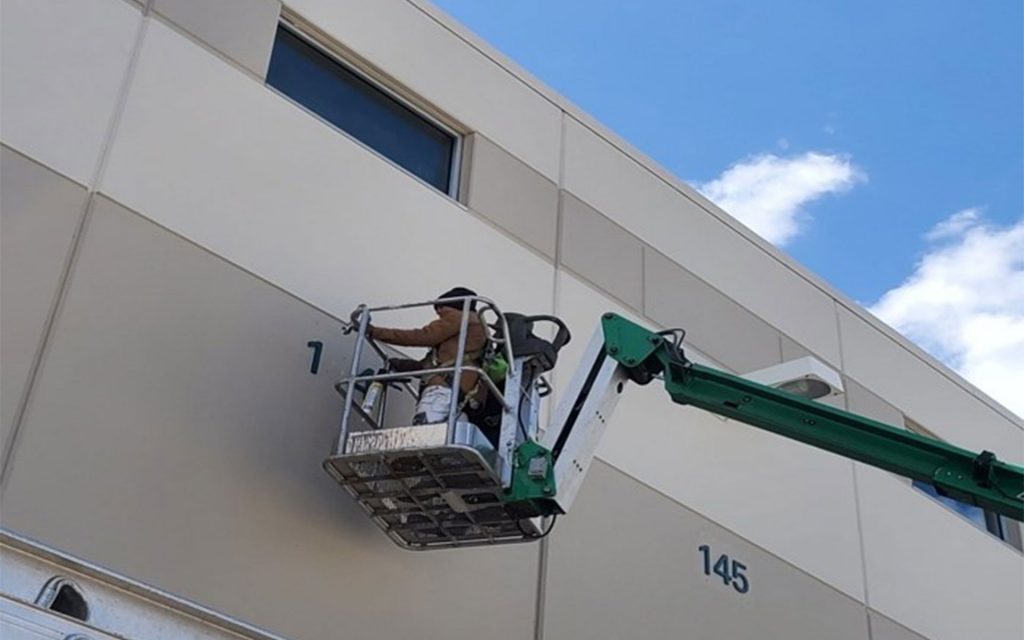
Conclusion
Successfully managing a painting project goes beyond just applying a fresh coat of paint. It involves careful planning, safety measures, and efficient handling of risks and hazards. You create a safe and efficient environment for everyone involved by emphasizing preparation and the right equipment. Safety protocols ensure that your workspace remains hazard-free and professional, preserving the well-being of all employees and contractors.
At All Source Building Services, we understand the demands of commercial painting in Atlanta. Our expert team is equipped to handle your needs, ensuring top-quality results alongside stringent safety standards. Whether you want to refresh your office space or undertake a more comprehensive renovation, we’re here to help. Let’s work together to create a vibrant and safe atmosphere reflecting your business.
Tags:
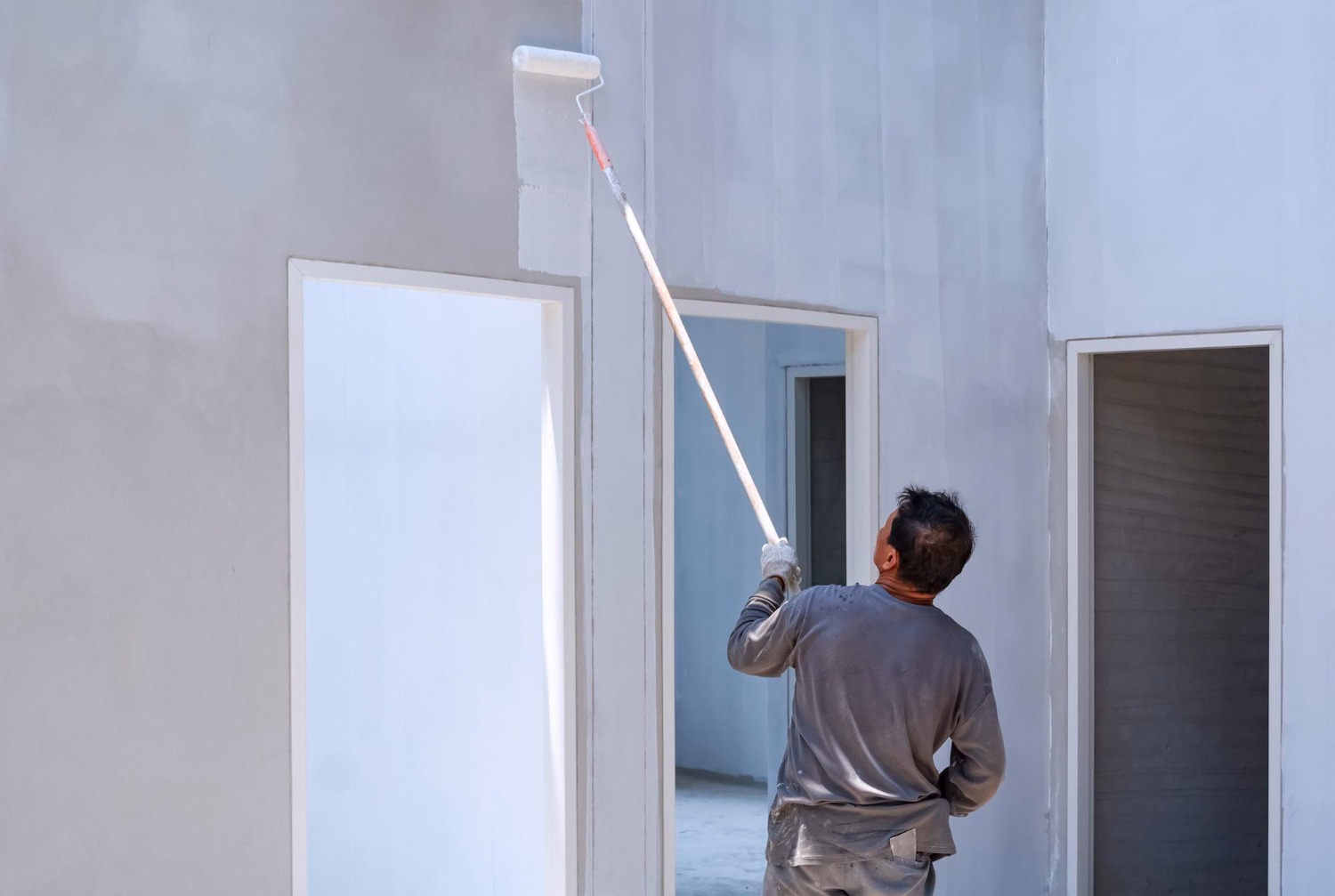
Tips for Choosing Paint that Lasts in Commercial Spaces
More
Signs Your Office Needs a Fresh Coat of Paint
More
Understanding Parking Lot Striping Standards & Traffic Markings
More
5 Tips to Choose the Right Paint for Your Commercial Space
More